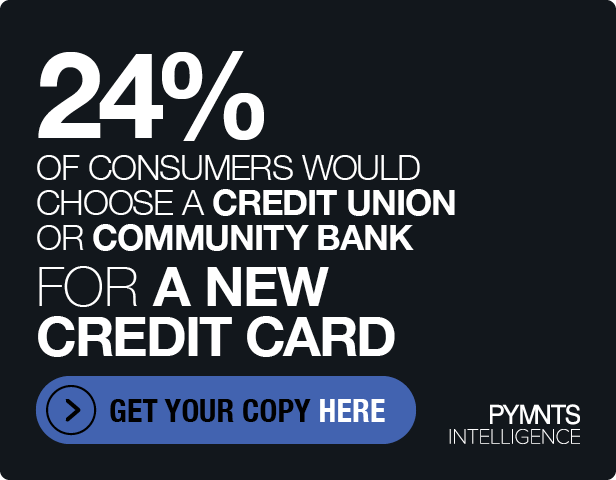El Salvador Weekly: MoneyGram Starting Stablecoin Remittances as Anti-Bitcoin Sentiment Grows

MoneyGram is looking at bringing a bitcoin competitor to El Salvador’s remittance market.
It’s part of a push by the leading money transfer company to use its partnership with the Stellar Development Foundation to “be a bridge from the crypto world to the fiat world,” MoneyGram CEO Alex Holmes told Bloomberg on May 29, saying, “The world of crypto and the world of fiat are not really compatible today.”
MoneyGram will use the Stellar blockchain to send the dollar-pegged, fiat-backed USDC stablecoin along MoneyGram’s rail. The program, which the company will start piloting in November, would put it in competition with one of main uses Salvadoran President Nayib Bukele pitched for bitcoin when he made the first cryptocurrency a legal tender last year.
While El Salvador is a top-10 recipient of remittances, according to the World Bank, it has only managed to attract less than 2% of the $2.44 billion sent annually according to local outlet E&N. That’s despite the ability of the government-issued Chivo digital wallet for less than money transfer companies.
Bukele has criticized the high fees to send remittances via traditional channels, saying bitcoin would save the country $400 million annually. But that’s using a 6.5% fee figure, whereas Holmes said the fee to send dollars to El Salvador ranges from 0.5% to 2.5% — well below the World Bank’s 3% target for all remittances.
See also: El Salvador Weekly: Bitcoin’s Still a Major Sticking Point in Talks with IMF
With Chivo competitors starting to appear, Holmes said MoneyGram is also looking into potential partnerships to send bitcoin remittances.
“If a country like El Salvador is going to make Bitcoin seamless with US dollars in country, I think that consumers, through MoneyGram, should be able to transfer Bitcoin to El Salvador or transfer dollars and convert them to Bitcoin,” Holmes told Bloomberg. “If that’s where the world is going, let’s participate in that world and let’s see how we can help fulfill that opportunity.”
Acceptance Shrinking
Whether moving into the bitcoin market is worth it is another matter. Almost all of the Chivo wallet-based bitcoin remittances are immediately sold for dollars — El Salvador’s other legal tender — due in large part to volatility.
That said, anecdotally the acceptance of bitcoin by merchants is falling even further than the 20% estimated by a recent study to accept it — even though all businesses are required to accept bitcoin by law.
According to the local news outlet El Salvador, businesses in the city center of the capital, San Salvador, have been taking “Bitcoin Accepted” signs down.
Less anecdotally, a recent survey by Francisco Gavidia University found that more than 60% of the country is against the decision to make bitcoin a legal tender while less than one quarter support it.
With the price of bitcoin dropping below $30,000 on a somewhat regular basis over the past few weeks, the Salvadoran treasury is almost $40 million in the red on its investment in 2,301 bitcoins.
The government manages Bitcoin purchases as if it were a personal account and not a country account,” Salvadoran economist Luis Membreño told El Salvador. “It is one thing for someone to lose his own money and another to lose public resources.”
Volcano Bonds Won’t Erupt Soon
Finance Minister Alejandro Zelaya confirmed that the government still has no plans to launch its much-hyped — and long-delayed — $1 billion, bitcoin-backed bond issue.
Pointing to the low price of bitcoin — which he blamed on the war in Ukraine and the bearish stock market — he said the time was not right, the El Salvador news outlet reported. However, it added that economists inside and outside the country believe the government was never able to find enough buyers.
